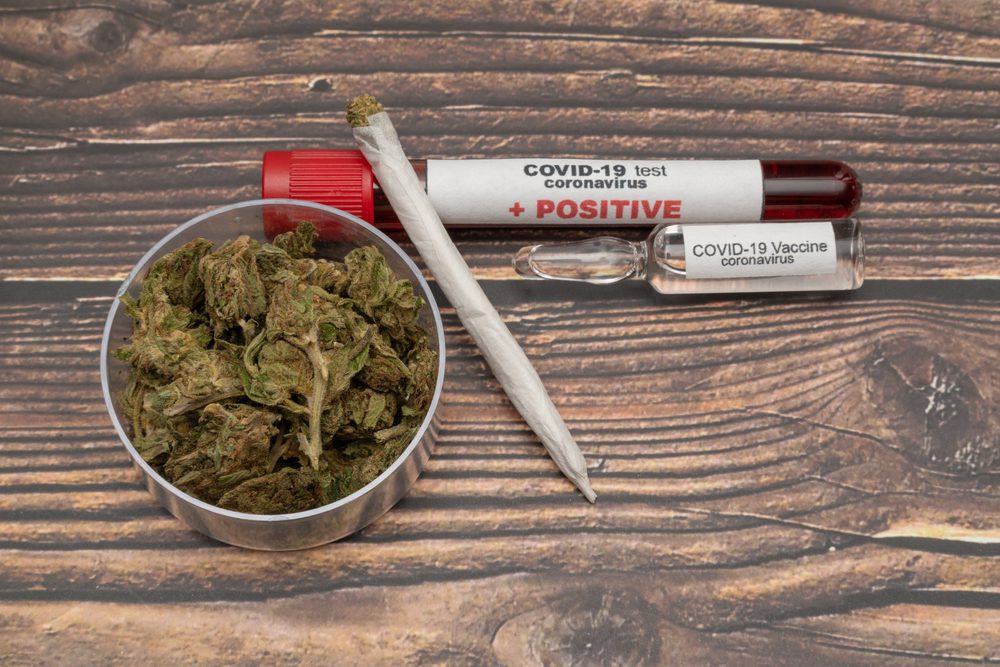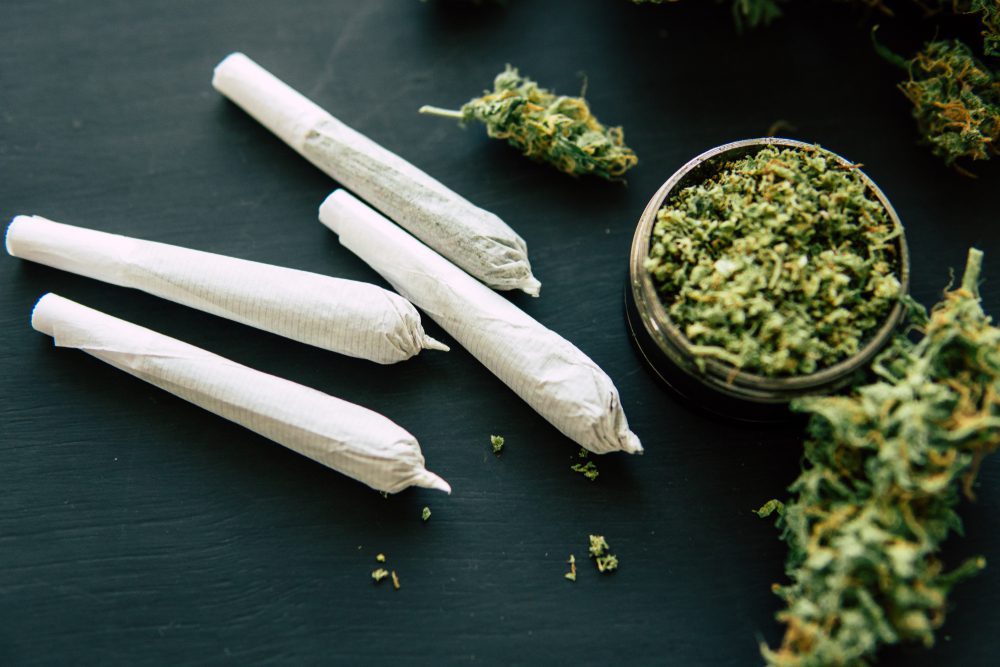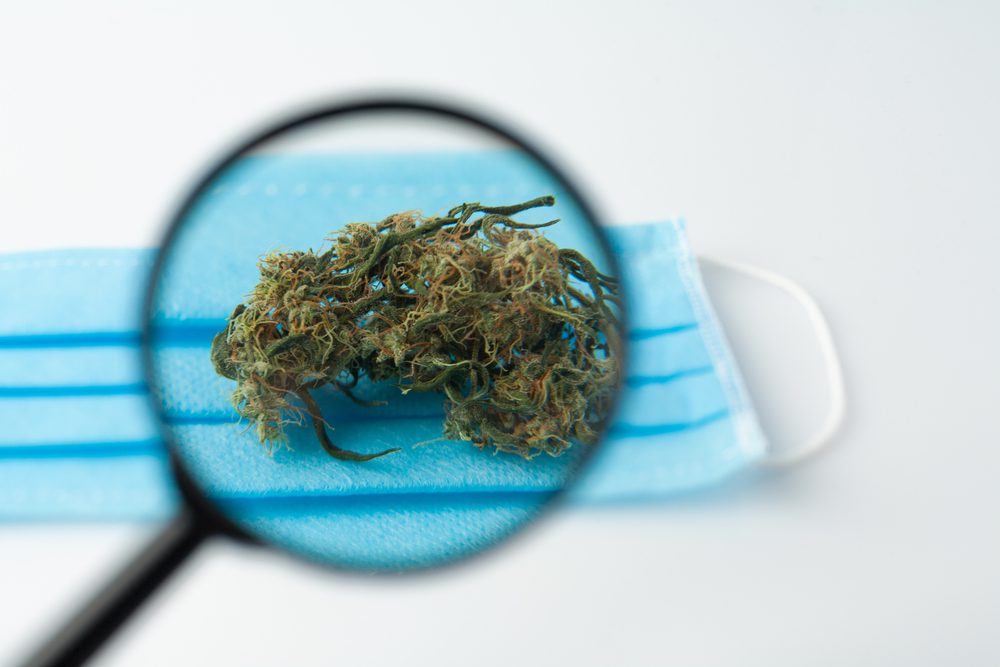COVID and smoking Weed
Due to the massive growth in legal marijuana transactions, retail sales are projected to climb to $52.6 billion by 2026. Several studies claim that the rise in marijuana sales is presumably the result of an increase in people using the drug to cope with their anxieties during the COVID-19 outbreak.
This realization prompts significant queries like can I get covid easier if I smoke weed, and does smoking weed protect me from covid?
Covid and cannabis have not gotten linked in any clinical research. Yet, considering the pulmonary aspect of the extremely contagious condition, there is concern over whether it is safe to use. Below are the answers to some important questions.

Smoking And Cannabis
The detrimental impacts of cigarettes and cannabis usage on the heart and lungs are analogous in several ways. Owing to the various smoking methods, cannabis chemicals can remain in the body for an extended period. They can also involve other hazardous elements, including tar, a component of tobacco linked to the onset of lung cancer, bronchitis, and pulmonary fibrosis.
In addition, the majority of cannabis users also admit to smoking cigarettes. Given that some co-users seem to exhale air with higher concentrations of carbon monoxide and that cannabis fumes may include some carcinogens at levels greater than those in cigarette smoke, this information may raise the danger of exposure to dangerous compounds.
Also, long-term cannabis use has gotten linked to high mortality rates, cardiac disease, metabolic disorders, and immune system alterations, according to earlier studies.

What happens if i smoke marijuana and have covid?
Is it bad to smoke medical marijuana when I have covid?
Persistent marijuana users may be particularly vulnerable to SARS-CoV-2 transmission and intense COVID-19 manifestations. Smoking marijuana daily can harm the lungs through age and have effects similar to chronic obstructive pulmonary disease, regardless of the lack of proof that long-term ingestion of edible forms of cannabis can harm the lungs.
So, can I get covid easier if I smoke weed? People who smoke, those who have COPD and other severe respiratory conditions, and people with moderate to advanced respiratory problems are among those who are more at risk for developing severe COVID-19 and needing ventilator therapy, both of which have negative effects on patient results.
Therefore, if you enjoy marijuana, consider the mix of COVID and edibles to avoid the negative pulmonary issues that smoking can trigger.

Can I make other people sick with covid if I am sharing marijuana with them?
Unfortunately, if you are sick with anything, especially Covid, you should avoid the time-honored tradition of the old puff-puff-pass until you are no longer contagious.
Covid is spread by droplets, including saliva. Therefore, Covid can get passed around if you are sharing a joint with your buddy.
Conclusion
Although the endocannabinoid system, or ECS, is engaged in the regulatory oversight of many physiological functions, which include sleep and the immune function, its role in infectious diseases has yet to be intensively investigated. Even so, recent research indicates that administering cannabinoids provides decent outcomes for treating COVID-19.
The ECS modulates the immune response. However, those who use marijuana or cannabis are not considered immunosuppressed. Studies on the prevalence and progression of COVID-19 infection in cannabis users have not gotten reported yet. Still, it is safe to note that you should not mix COVID and smoking weed.
What’s the right dosage of edibles to take? Read about it here!
FAQ
Can I get COVID easier if I smoke weed?
While there's no clinical research linking COVID and cannabis, concerns arise due to the pulmonary effects of COVID and smoking. Smoking weed, like cigarettes, can harm the lungs and may expose individuals to harmful compounds.
Should I avoid smoking medical marijuana if I have COVID-19?
Regular marijuana smokers may be more vulnerable to severe COVID-19 symptoms due to lung damage caused by smoking. Therefore, it's advisable to refrain from smoking marijuana during COVID-19 infection to minimize the risk of complications.
Can sharing marijuana with others increase the risk of spreading COVID-19?
Sharing marijuana, especially when sick with COVID-19, should be avoided to prevent the spread of the virus through droplets, including saliva.
